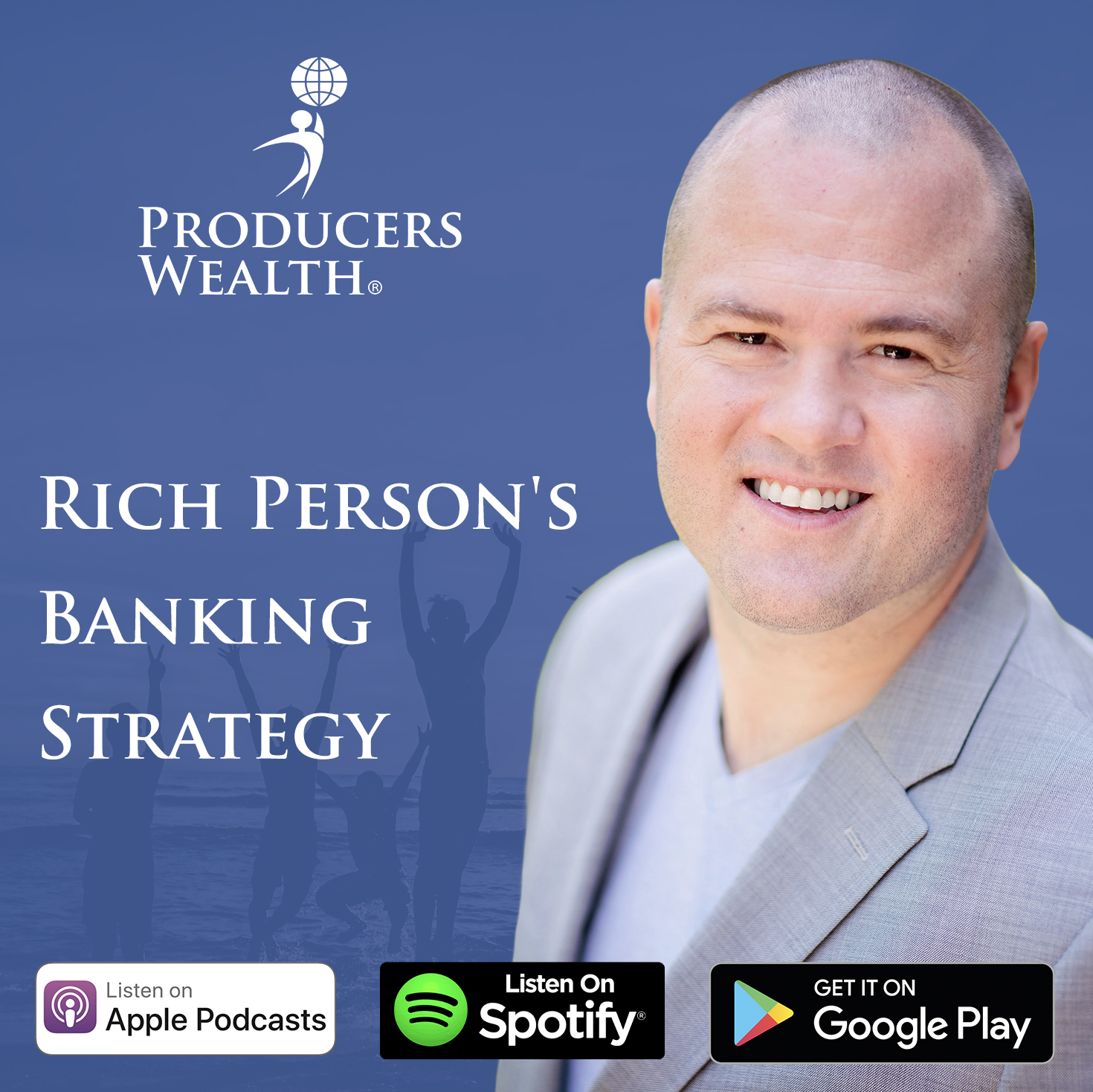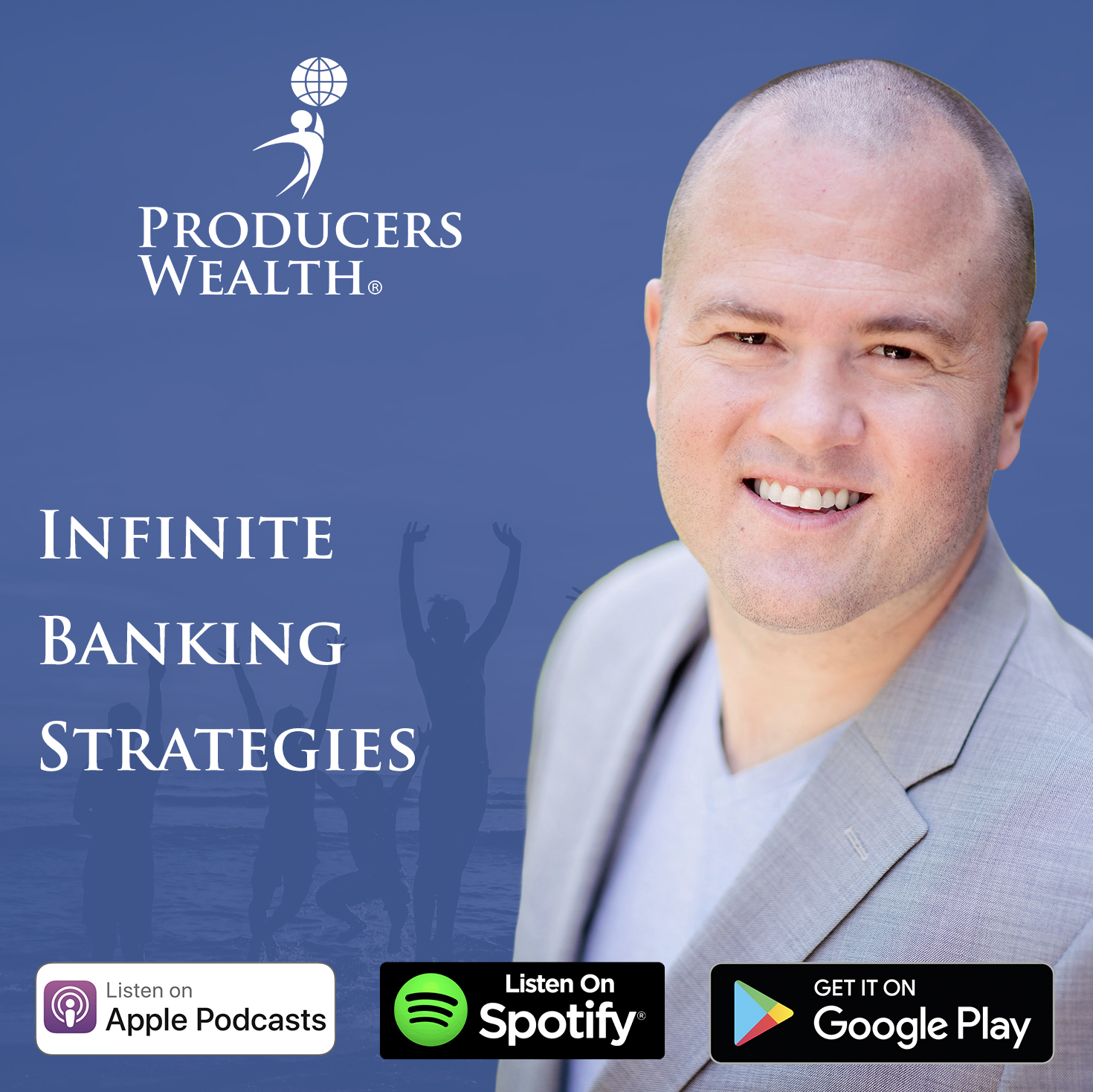
A Donor-Advised Fund (DAF) is a versatile and impactful charitable giving vehicle that allows individuals, families, or organizations to make significant philanthropic contributions while maintaining control over how and when the funds are distributed to charities. Managed by sponsoring organizations, such as community foundations, financial institutions, or charities, DAFs provide a flexible and tax-efficient way to make a difference.
How Do Donor-Advised Funds Work?
1. Open a Fund
The process begins by setting up a DAF through a sponsoring organization and making a contribution, whether in cash, stocks, real estate, or other assets. These contributions are irrevocable, meaning they cannot be withdrawn once given.
2. Receive Immediate Tax Benefits
Donors benefit from an immediate tax deduction for their contributions, regardless of when the funds are eventually distributed to charities.
3. Invest and Grow
The donated assets can be invested within the DAF, allowing for potential tax-free growth, which increases the charitable impact.
4. Recommend Grants
Donors can recommend grants to qualified charities over time, giving them flexibility in supporting causes that align with their values.
5. Charitable Distributions
Once recommendations are reviewed, the sponsoring organization disburses the funds to the selected charities, completing the donor’s philanthropic goals.
Benefits of Donor-Advised Funds
1. Tax Efficiency
DAFs provide immediate tax deductions for contributions. Donating appreciated assets eliminates capital gains taxes, and investments within the fund grow tax-free, maximizing charitable impact.
2. Flexibility
Donors can decide when and how to distribute funds, making it easy to align charitable giving with their financial planning.
3. Simplified Administration
The sponsoring organization manages all administrative tasks, including compliance and record-keeping, making the process seamless for donors.
4. Anonymity
If desired, donors can remain anonymous, offering privacy in their charitable giving.
5. Legacy Building
DAFs provide a platform for families to involve multiple generations in philanthropy, fostering a culture of giving.
Case Study: John and Sarah’s Philanthropic Success
The Challenge:
John and Sarah, a couple nearing retirement, had recently sold their business for $5 million. They wanted to reduce their tax burden and make a lasting impact on their community.
The Solution:
- Set Up a DAF: They contributed $1 million of their proceeds into a DAF, receiving an immediate tax deduction and avoiding capital gains taxes.
- Invested for Growth: The funds were invested, growing tax-free over several years.
- Recommended Grants: Over time, they supported local education programs, their church, and environmental initiatives.
The Outcome:
Their $1 million contribution grew to $1.2 million, allowing for greater charitable giving. By involving their children in recommending grants, John and Sarah created a multigenerational legacy of giving.
Who Should Consider a Donor-Advised Fund?
DAFs are ideal for:
- High-Income Earners: Those looking to reduce taxable income during a high-earning year.
- Business Owners: Entrepreneurs who have experienced a liquidity event, such as selling a business.
- Investors with Appreciated Assets: Individuals seeking to donate appreciated assets without incurring capital gains taxes.
- Philanthropic Families: Those looking to involve their families in structured and strategic charitable giving.
- Individuals with Complex Giving Goals: Donors aiming to support multiple charities with centralized management.
The Pros and Cons of Donor-Advised Funds
Pros
- Tax Advantages: Immediate deductions, tax-free growth, and no capital gains taxes.
- Flexibility: Grants can be made over time, aligned with personal giving goals.
- Ease of Use: Administrative tasks are handled by the sponsoring organization.
- Privacy: Donors can choose to remain anonymous.
- Impactful Growth: Investments within the DAF grow tax-free, amplifying the potential for giving.
Cons
- Irrevocable Contributions: Once contributed, funds cannot be withdrawn for personal use.
- Control Limitations: The sponsoring organization has ultimate authority over grant approvals.
- Fees: Administrative and investment fees can reduce the available funds for charity.
- Qualified Charities Only: Grants can only be made to 501(c)(3) organizations, limiting some giving options.
- No Personal Benefit: Donors or their families cannot receive benefits from grants made through the DAF.
Donor-Advised Funds are a powerful and flexible tool for anyone looking to make a lasting charitable impact while optimizing their financial and tax planning. With benefits like immediate tax deductions, tax-free growth, and simplified administration, DAFs are ideal for individuals and families committed to philanthropy. While there are limitations, the advantages make DAFs a compelling choice for those who want to maximize their charitable giving strategically. Whether you’re a high-income earner, a business owner, or a philanthropic family, a DAF can help align your financial goals with your values, leaving a legacy of generosity.
Watch all of our educational videos on Infinite Banking here.
Disclaimer and Waiver
Michiel Laubscher & Laubscher Wealth Management LLC is not an investment advisor and is not licensed to sell securities. None of the information provided is intended as investment, tax, accounting, or legal advice, as an offer or solicitation of an offer to buy or sell, or as an endorsement, of any company, security, fund, or other offerings. The information should not be relied upon for purposes of transacting securities or other investments. Your use of the information contained herein is at your own risk. The content is provided ‘as is’ and without warranties, either expressed or implied. Michiel Laubscher & Laubscher Wealth Management LLC does not promise or guarantee any income or specific result from using the information contained herein and is not liable for any loss or damage caused by your reliance on the information contained herein. Always seek the advice of professionals, as appropriate, regarding the evaluation of any specific information, opinion, or other content.





